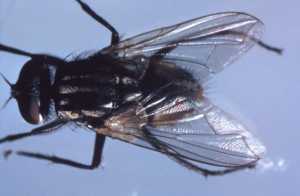Food Poisoning, Infections, Nutrition / 06.06.2024
Causes and Prevention of Foodborne Illness: Everything You Need to Know
 Foodborne illness, or food poisoning as many call it, is a widespread and potentially life-threatening health issue.
Therefore, understanding the causes and prevention of foodborne illness is crucial for everyone, from home cooks to professional chefs, food industry workers, and consumers.
This article explores the causes of foodborne illness, identifies high-risk foods, and provides essential strategies for preventing this health issue.
Foodborne illness, or food poisoning as many call it, is a widespread and potentially life-threatening health issue.
Therefore, understanding the causes and prevention of foodborne illness is crucial for everyone, from home cooks to professional chefs, food industry workers, and consumers.
This article explores the causes of foodborne illness, identifies high-risk foods, and provides essential strategies for preventing this health issue.




